Approach via a very simple Replace function
In addition to the valid solutions above and just to demonstrate another approach using a simple Replace function. This solution doesn't pretend to be the most efficient way to execute exclusions.
Example code
Sub Howdy()
' Purpose: exclude exactly matching array items (not case sensitive)
Dim exclusions_list, updated_list, item
exclusions_list = Array("How", "much")
' assign test list (with successive repetitions)
updated_list = Split("Bla bla,How,how,Howdy,However,How,much,much,much,Much,Much,How much,something else", ",")
' Debug.Print UBound(updated_list) + 1 & " items in original list: """ & Join(updated_list, "|") & """"
' execute exclusions
For Each item In exclusions_list
updated_list = modifyArr(updated_list, item) ' call helper function modifyArr()
' Debug.Print UBound(updated_list) + 1 & " items excluding """ & item & """:" & vbTab & """" & _
Join(updated_list, "|") & """"
Next item
End Sub
Note
Not outcommenting the Debug.Print Statements you'd get the following results in the VBE immediate window:
13 items in original list: "Bla bla|How|how|Howdy|However|How|much|much|much|Much|Much|How much|something else"
10 items excluding "How": "Bla bla|Howdy|However|much|much|much|Much|Much|How much|something else"
5 items excluding "much": "Bla bla|Howdy|However|How much|something else"
Helper function modifyArr()
Please note that it's necessary to provide for successive repetitions of strings to be excluded, as a single Replace statement wouldn't exceute every wanted replacement in subsequent string parts.
Function modifyArr(ByVal arr, ByVal item) As Variant
Const C = ",": Dim temp$, sLen$
temp = Replace(C & Join(arr, C) & C, C & item & C, Replace:=C, Compare:=vbTextCompare)
Do While True ' needed to get successive repetitions !
sLen = Len(temp)
temp = Replace(temp, C & item & C, Replace:=C, Compare:=vbTextCompare)
If sLen = Len(temp) Then Exit Do
Loop
' return
modifyArr = Split(Mid$(temp, 2, Len(temp) - 2), C)
End Function
